Indoor Air Quality in Dental Offices
The goal of HVAC systems (Heating, Ventilation, and Air-Conditioning), in most cases, has always been about creating a comfortable and safe indoor environment for human comfort. HVAC systems absorb heat generated by the occupant’s bodies and heat produced by indoor equipment and throw it outside the conditioned space to maintain comfortability for its occupants. HVAC systems designers also calculate the amount of fresh air and exhaust air requirements to replenish the oxygen levels needed for the designed space.
Indoor Air Quality in Dental Offices
However, different industries have different requirements for maintaining a safe indoor environment. Aside from lowering the temperature, humidity, and replenishing of fresh air, Dental offices, for instance, must take into account the bio-aerosols (saliva, blood, and teeth particles) created by the dentist’s high-speed handpieces and ultrasonic scalers. Not to mention the blood splatters the dentists have to tolerate when performing surgeries with their patients. These bioaerosols could circulate indoors and eventually land on the surfaces in the dentist’s office, a possible breeding ground for viruses and bacteria. In addition, blood splatters may spread diseases to the dentists and the people working there. It is even worth emphasizing in this current time the extra measures to eliminate these unwanted particles in the dentist offices because of the Covid-19 threat we are currently experiencing.
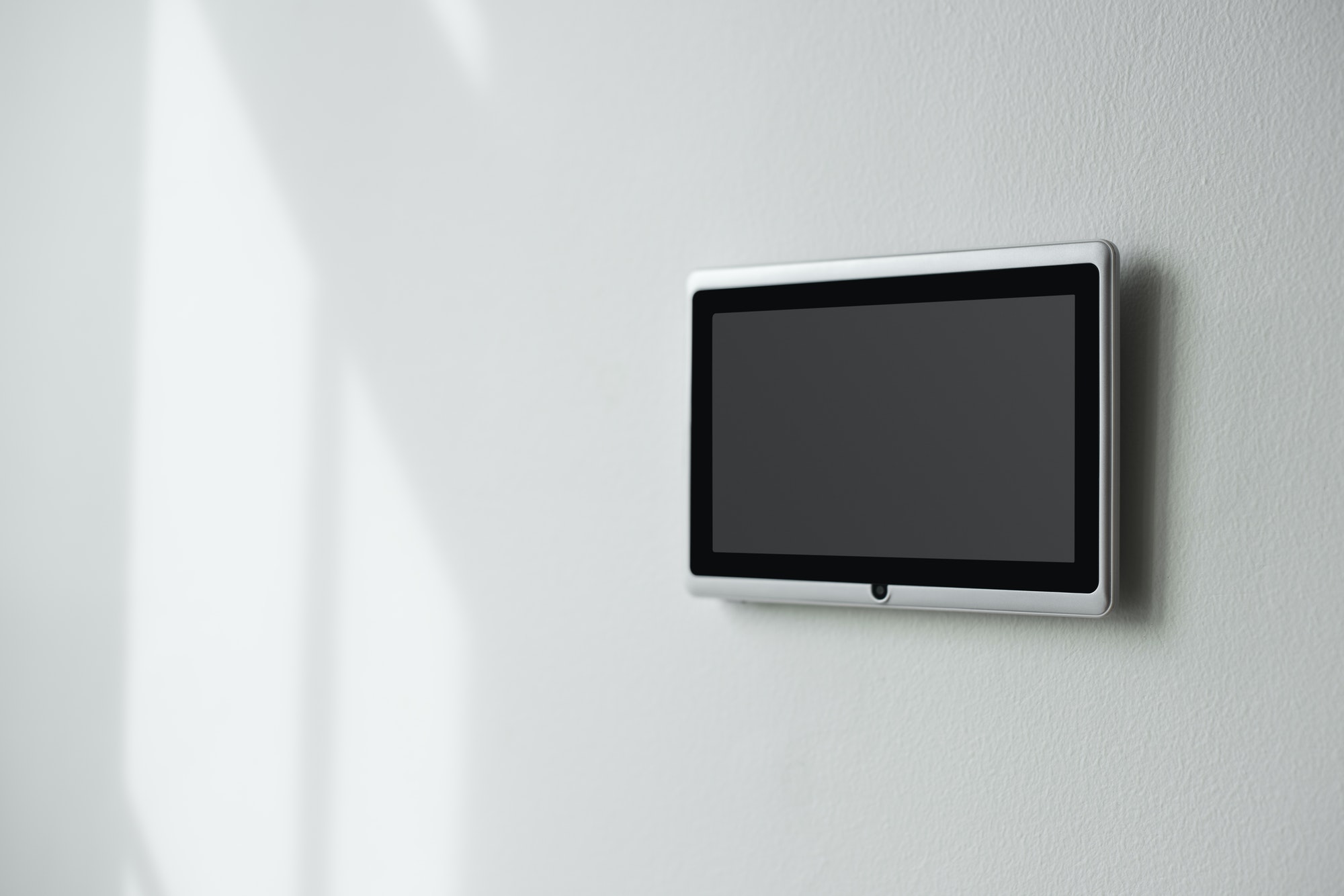
What do IAQ monitoring systems measure?
Indoor Air Quality is part of HVAC systems design. IAQ monitoring systems are not a new technology. It has been around in different industries with a high level of health risk involved in the workplace. As more dentists become aware of their occupational hazards, more and more dental offices adapt IAQ monitoring systems.
It measures (1)fine-particulate matter, (2)temperature, (3)humidity, (4)carbon dioxide (CO2) concentration, and (5)volatile organic compounds (VOC).
Why do dentists need to monitor particulate matter in dental offices?
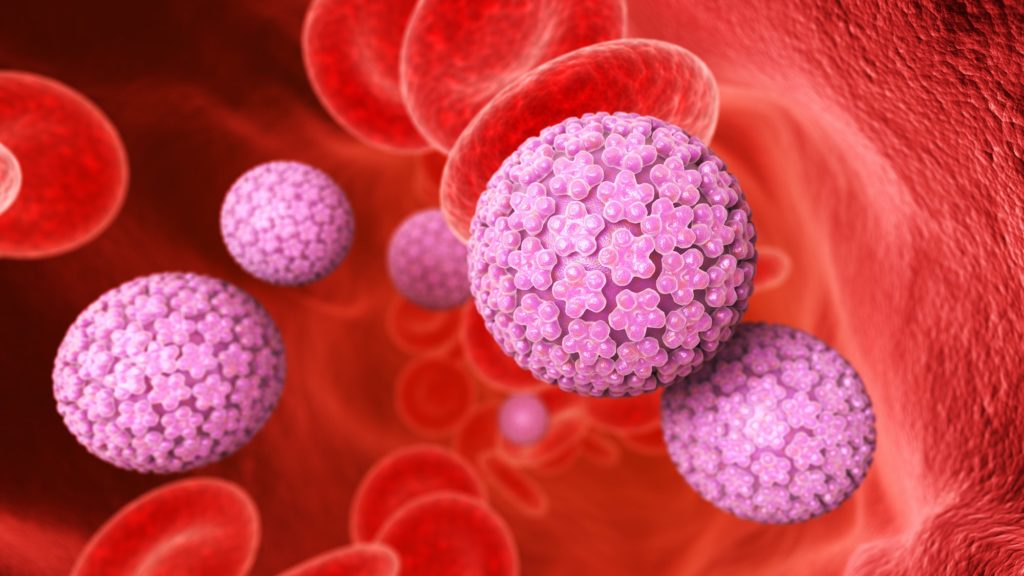
Why do dentists need to monitor particulate matter in dental offices? According to the research performed by Bernard Polednik, a faculty of Environmental Engineering in the Lublin University of Technology in Poland, the dentist’s exposure to bioaerosols was significantly higher while performing dental procedures when compared to no dental procedures performed. The bioaerosol particle size varies in the range of spray particles (50 microns) down to fine particles (2.5microns) and even trace amounts of ultrafine particles (<0.1microns) and nanoparticles (1-100nanometer). Bioaerosols are regarded as exceptionally hazardous contaminants in dental offices because of their high infection transmission potential. The smaller the particle size, the longer it stays suspended in the air and most likely inhaled by dentists and patients. On the other hand, larger particle sizes are susceptible to deposition in indoor surfaces. These particles may contain bacteria, viruses, fungus, oral cavities, blood, dental plaque, gingival fluids, skin, water used in dental units, etc.
Why do dentists need to monitor the temperature in dental offices?
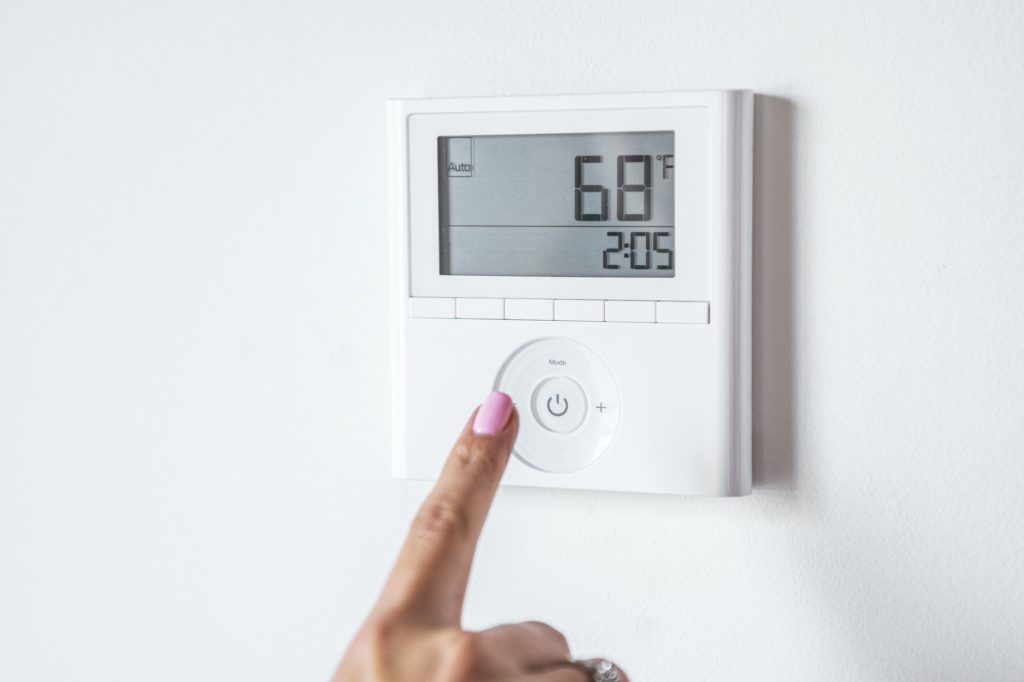
According to the Systems Design Manual from Carrier Corp., the recommended air temperature to be maintained for dental offices is 74 F to 76 F (23 C to 24 C) during Summer and 68 F to 72 F (20 C to 22 C) during winter. These levels are suitable for human comfort.
Why do dentists need to monitor the humidity in dental offices?
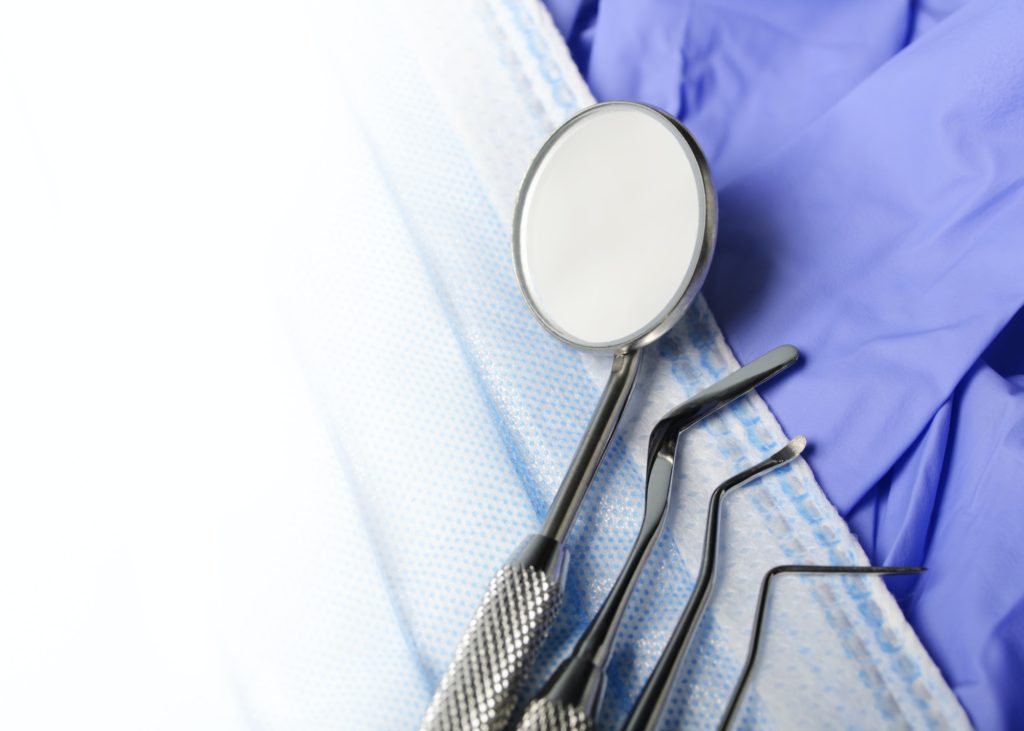
Aside from temperature, relative humidity also determines the comfort level in a conditioned space. The relative humidity is the measure of the wetness or dryness of the air. According to the Systems Design Manual from Carrier Corp., the recommended relative humidity for dental offices is 50% to 45% during summer and 35% to 30% during winter. These levels are considered comfortable. Relative humidities above 60% will feel very uncomfortable, and relative humidities above 70% will feel very moist and promote mold and bacteria growth in the walls, ceilings, and surfaces. On the other hand, relative humidity below 20% will feel very dry.
Why do dentists need to monitor the CO2 levels in dental offices?
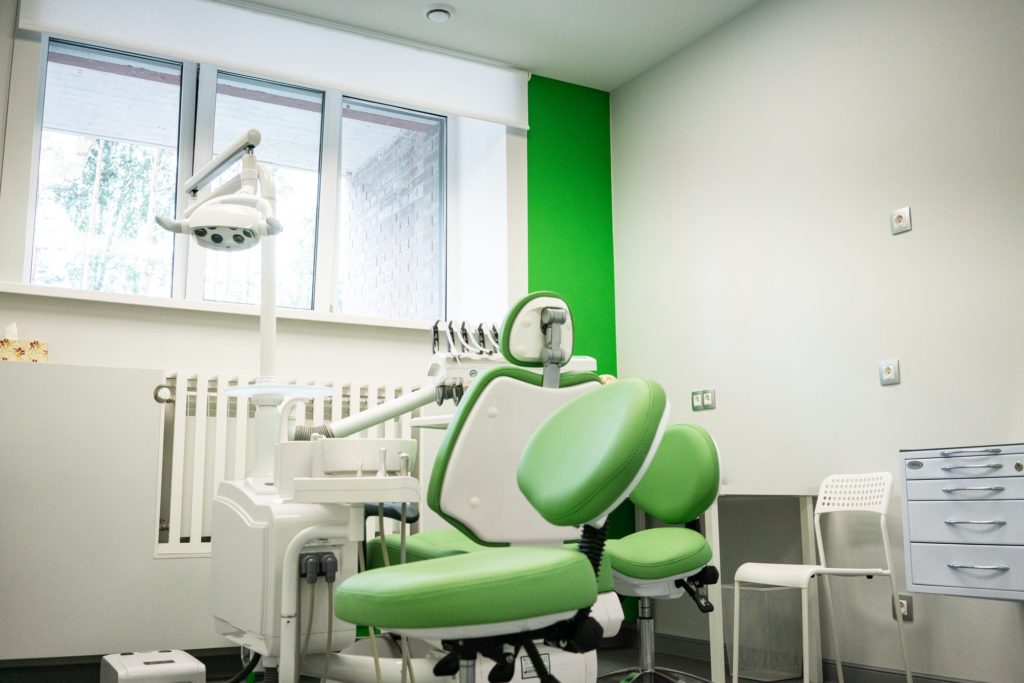
In the research made by Helmis C.G et al., CO2 concentrations were high during working hours and only acceptable C02 levels for comfort conditions at a relatively small indoor area near the window openings. ASHRAE has recommended that CO2 concentrations shall be maintained below 800ppm to be considered suitable for human comfort.
Why do dentists need to monitor the VOC levels in dental offices?
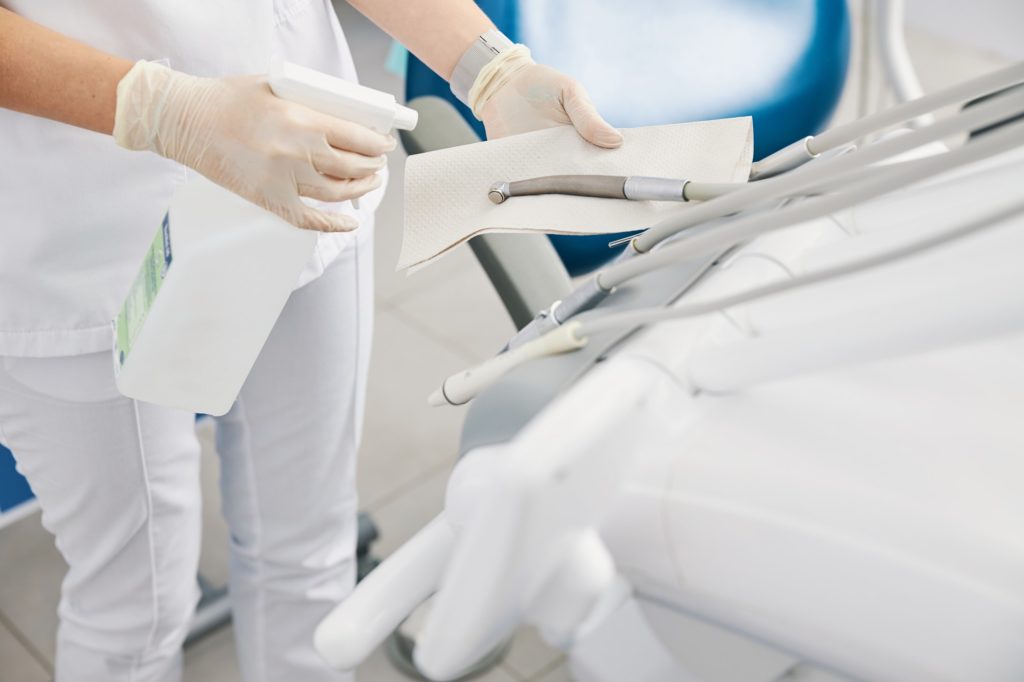
In the research made by Helmis C.G et al., CO2 concentrations were high during working hours and only acceptable C02 levels for comfort conditions at a relatively small indoor area near the window openings. ASHRAE has recommended that CO2 concentrations shall be maintained below 800ppm to be considered suitable for human comfort.
Why do dentists need to monitor the VOC levels in dental offices? VOC are chemicals emitted by some solids and liquids. Many VOCs are from chemicals emitted from the newly painted rooms, walls, floorings, insulations, thinners, pharmaceutical items, cleaning agents, air fresheners, and everyday office supplies such as glues, adhesives, printers toner, and paper also emit VOCs. Some VOCs are harmful and may even cause short and long-term health problems if prolonged exposure. IAQ monitoring systems usually measure VOC in terms of TVOC (total volatile organic compounds). Generally, 0.3 to 0.5mg/cubic meter TVOC is acceptable. Other industries and government agencies set strict limits on TVOC levels.
IAQ Monitoring Systems in Dental Offices
It all starts with a vision.
There are plenty of indoor air quality systems available in the market. The location of and number & type of IAQ monitoring system depends on your space, the number of occupants & requirements. Therefore, it is best to consult first a skilled and qualified professional in handling IAQ monitoring systems before purchasing such items
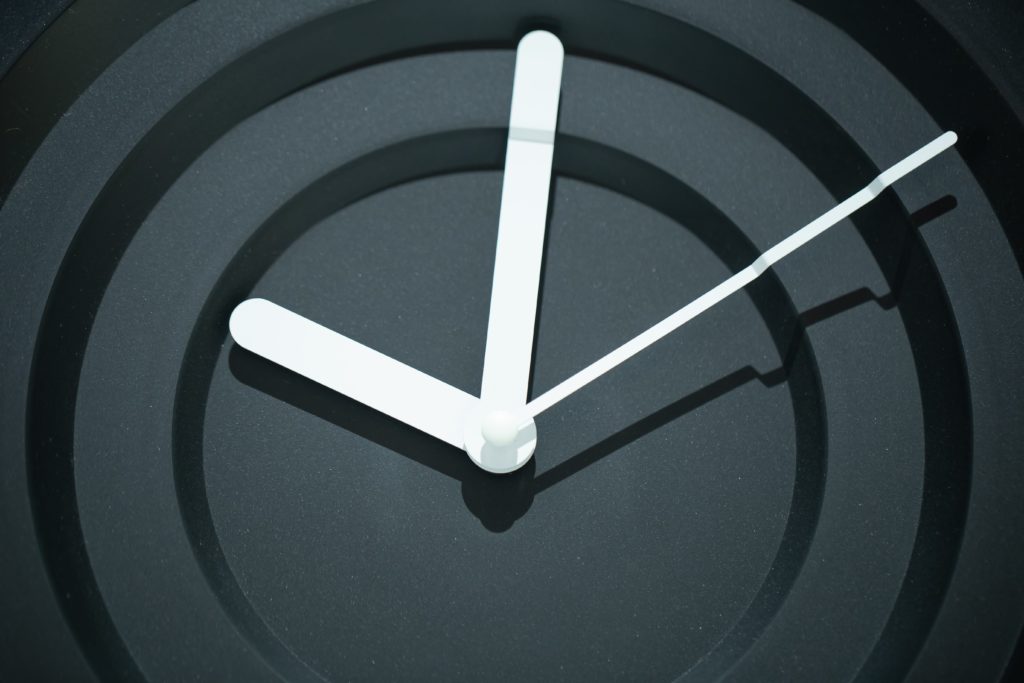
01.Round the Clock Availability
No matter the hour, you can trust One Hour to be thereto help you when you get hit with the unexpected.
Read More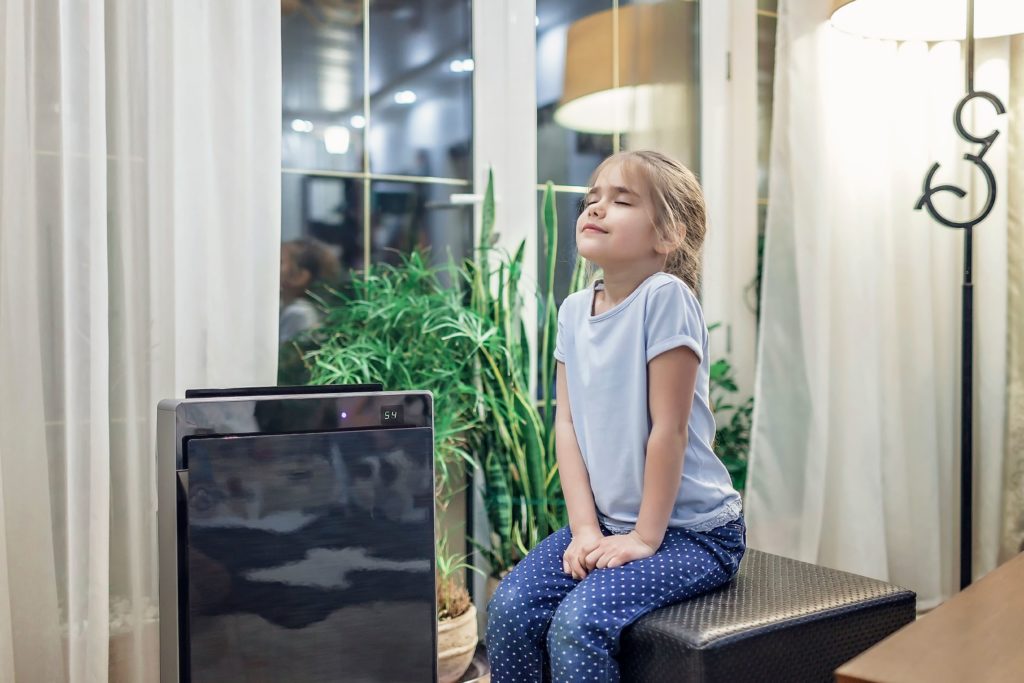
02.100% Satisfaction Guarantee
We guarantee our materials, labor, and craftsmanshipfor up to two years from the date of your service.
Read More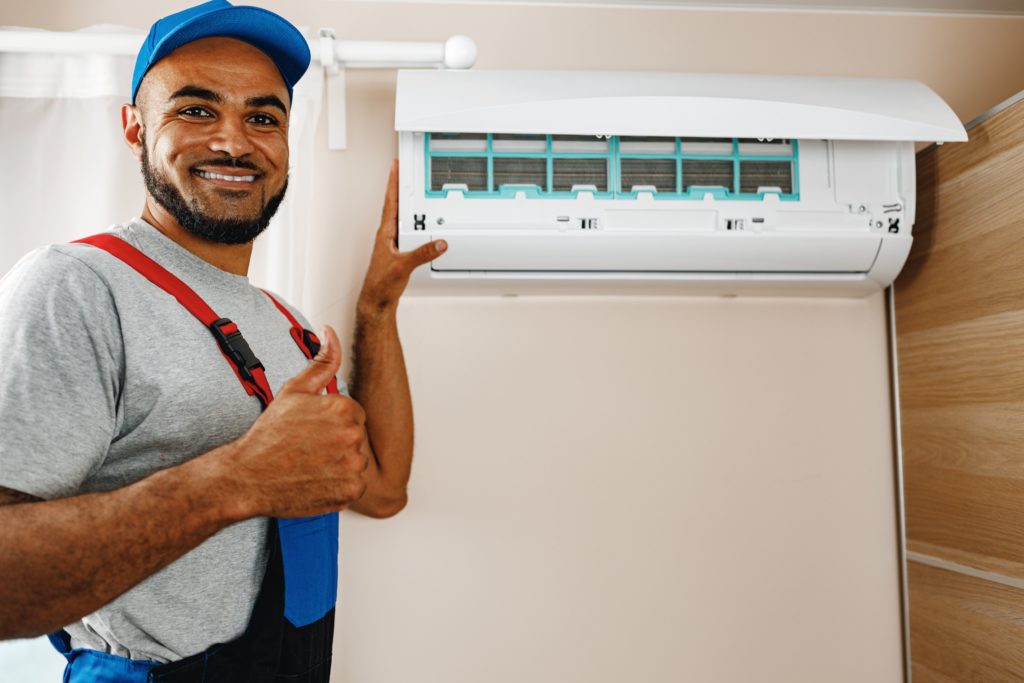
03.We Love What We Do
Our trained Comfort Specialists are friendly,knowledgeable, and genuinely love helping people.
Read More